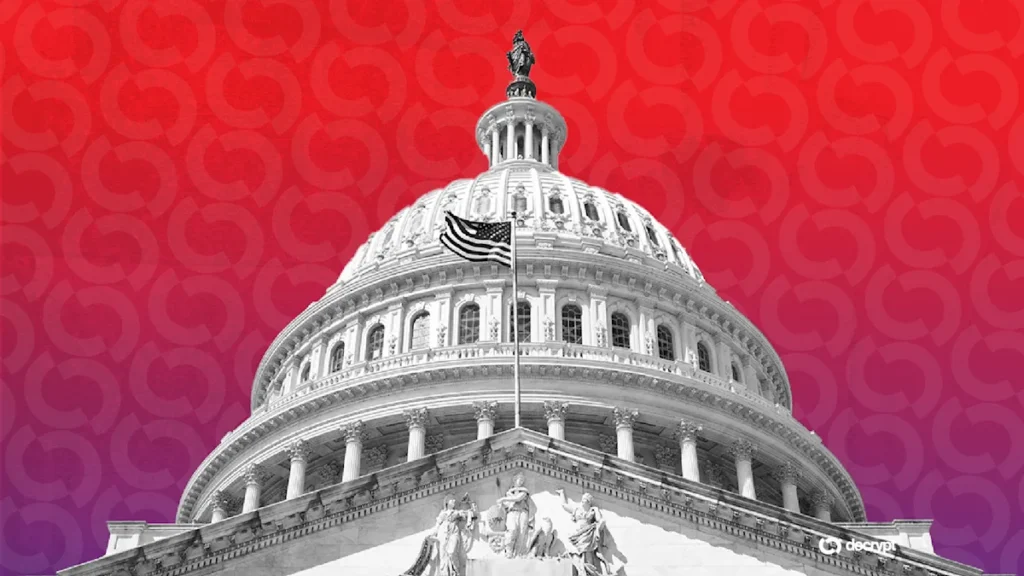The largest federation of labor unions in the United States has put the brakes on the Senate’s most ambitious crypto legislation to date, warning that the bill lacks worker protections and would allow the industry to “operate broader and deeper” without sufficient oversight.
AFL-CIO Government Affairs Director Jody Calemine accused the Responsible Financial Innovation Act of providing only a “regulatory facade” while actually weakening consumer protections, in a letter dated Tuesday to the leadership of the Senate Banking Committee.
The AFL-CIO represents millions of American workers whose pensions and 401(k)s could soon hold cryptocurrencies if the legislation passes.
The 182-page Senate bill, released last month, would allow FDIC-insured banks to directly hold and trade cryptocurrencies.
Another ICO boom? What the Senate Market Structure Bill Means for Crypto Startups
This would also codify blockchain“phantom stocks” based on stocks that trade independently of traditional securities markets, the union warned.
“This not only places banks at greater risk of losses and failures, but it also places the FDIC’s taxpayer-backed deposit insurance fund at greater risk,” Calemine wrote in the letter.
He drew comparisons to the unregulated derivatives trading that fueled the 2008 financial collapse, warning that the bill creates conditions for a crisis.
The federation also raised concerns about provisions that would give retirement plans such as 401(k)s and pensions the green light to hold cryptocurrencies.
Trump 401K order could send ‘billions’ into Bitcoin and Ethereum: analysts
“Rather than protecting workers from the instability of crypto asset values, the Responsible Financial Innovation Act would increase worker exposure,” the letter states.
These provisions “significantly weaken both federal and state enforcement tools” designed to protect pension funds from fraud, the AFL-CIO says.
Calemine presented the legislation as allowing issuers to “escape SEC regulation through tokenization” and warned that this would lead to the proliferation of assets that investors would wrongly perceive as safe.
The dispute comes as the Senate prepares for a possible November vote on the Responsible Financial Innovation Act, introduced by Sen. Cynthia Lummis (R-Wyo.) alongside Democratic Sen. Kirsten Gillibrand of New York.
“We want this to be on the president’s desk before the end of the year,” Lummis said. CNBC last month.
At least seven Democratic senators would have to join all Republicans to reach the 60-vote threshold for passage, although a Sept. 9 framework backed by 12 Democratic senators signaled emerging bipartisan momentum despite opposition from the AFL-CIO.




